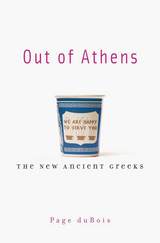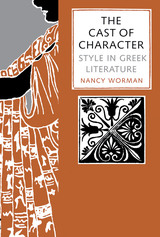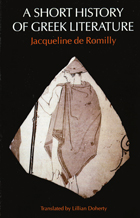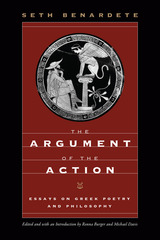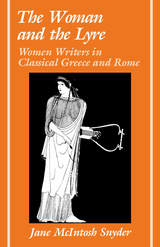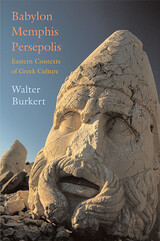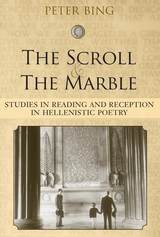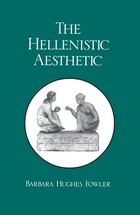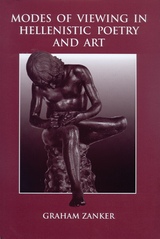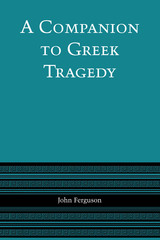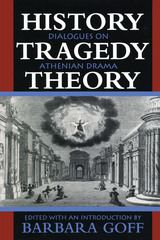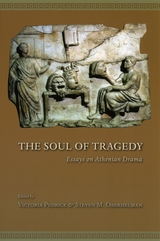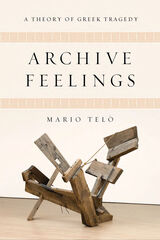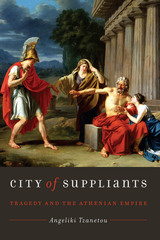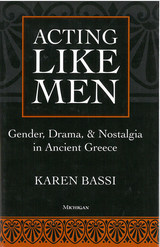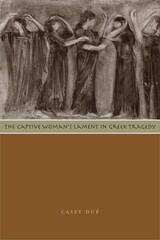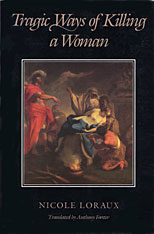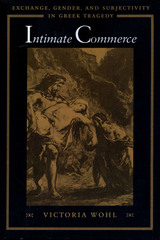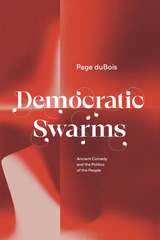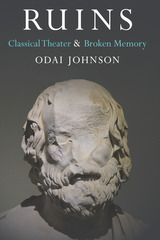Divine Yet Human Epics: Reflections of Poetic Rulers from Ancient Greece and India
Harvard University Press, 2014
Paper: 978-0-674-72675-8
Library of Congress Classification PA3106.P38 2014
Dewey Decimal Classification 883.01
Paper: 978-0-674-72675-8
Library of Congress Classification PA3106.P38 2014
Dewey Decimal Classification 883.01
ABOUT THIS BOOK
ABOUT THIS BOOK
The central character of Divine Yet Human Epics is the developing conception of epic itself. Its story unfolds as the ancient Greek idea of epic originates with Pindar and Herodotus on the basis of the Iliad and Odyssey. While this notion eventually leads their Sanskrit counterparts, the Ramaya?a and Mahabharata, to be understood selectively in modern times, medieval readers Anandavardhana and Rajasekhara reveal distinctive features of these ancient Indian poems earlier in this exegetical tale. Shubha Pathak's interpretative account concludes with a new way to connect these primary epics to their Greek analogues. Both epic pairs feature poetic kings who together affirm and interrogate their societies' central religious ideals: Greek kléos (or heroic glory, which assuages uncertainty about the afterlife) and Indian dharma (or righteousness, which counters encroaching immorality). The Greek and Sanskrit epics, by showing both the divine ease and the human difficulty with which kléos and dharma are achieved, employ similar teaching strategies to address the shared psychological needs of human beings learning to live within the disparate cultures of ancient Greece and India. This cross-cultural comparative study thus provides a more comprehensive perspective on the poems' religiosity than the vantage points of Hellenists or of Indologists alone.
See other books on: Ancient Greece | Comparative Literature | Epic | Epic poetry, Greek | Reflections
See other titles from Harvard University Press

